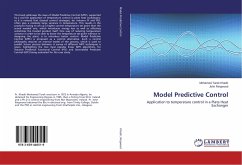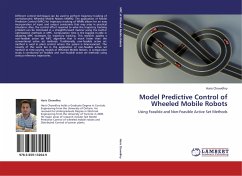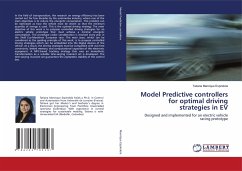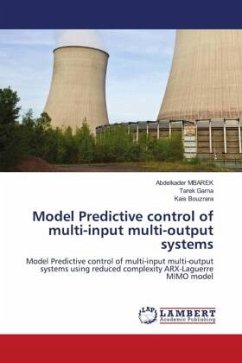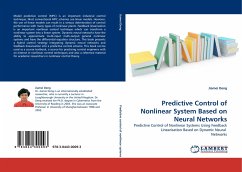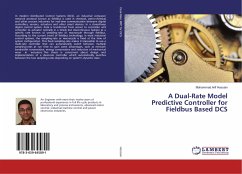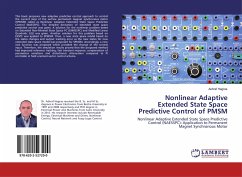This book addresses the issue of Model Predictive Control (MPC), supported by a real life application of temperature control in plate heat exchangers, as it is noticed that classical control strategies, for instance PI and PID, often give a relatively large variance in temperature. This results in the producer having to set up a higher control temperature set point than the actual needed one, which introduces energy loss as well as affecting sometimes the treated product itself. One way of reducing temperature variance in order to be able to lower the temperature set-point without re-designing the plant, is to introduce better control. Model Predictive Control (MPC) is proposed as a control alternative. Such a control philosophy requires an internal model of the process, which is used to predict future process behavior. A survey of different MPC techniques is given, highlighting the two most popular linear MPC algorithms, for instance Predictive Functional Control (PFC) and Generalised Predictive Control (GPC) being evaluated for the case study.
Bitte wählen Sie Ihr Anliegen aus.
Rechnungen
Retourenschein anfordern
Bestellstatus
Storno

